Conversion Controversy: A Demographic Time Bomb?
July 6, 2015The controversy over the Conversion Law – and the decision by the new Shas-controlled Religious Affairs Ministry to essentially scupper it – has exposed some of the most sensitive fault lines in Israeli Jewish society.
The previous Religious Affairs Minister – the Jewish Home party’s Rabbi Eli Ben-Dahan – enacted reforms aimed at streamlining the conversion process, which many had criticized as unduly bureaucratic, by allowing prospective converts to approach rabbis outside their local municipality.
According to Yair Sheleg of the Israel Democracy Institute, that move “was the minimal” required to make the rabbinate more accessible to regular Israelis – particularly the secular and traditional public. Now, with Religious Affairs Minister David Azoulay rolling back even those measures, he warns of a demographic time bomb.
“I think it’s very bad,” he said of the decision. “It will make people who even thought about the prospect of conversion not even start the process.”
Although Judaism is not an actively proselytizing religion, the issue is a particularly sensitive one in Israel, where some 350,000 non-Arab Israelis – many of whom identify as Jewish, served in the IDF and partake fully in Israeli life – are not in fact Jewish according to Halakha (Jewish law). These include many of those who made aliyah from the Former Soviet Union and their children (under Israel’s Law of Return, anyone with a Jewish grandparent is eligible for automatic citizenship.)
Many of them wish to convert and cement their sense of Jewish identity, but face bureaucratic obstacles set by a sometimes cumbersome rabbinate, causing many to either forgo conversion altogether or “convert” via non-Orthodox streams whose clergy do not strictly follow Jewish law. Of particular concern to many campaigners is the resultant problem of intermarriage and assimilation.
Sheleg likewise warned of the “long-term social problems” which would be caused by the recent decision.
“Bypassing the chief rabbi is not the issue,” he asserted. “The Chief Rabbinate is not an aim in itself – the aim is the future of the Jewish people.”
“If the Chief Rabbinate helps in giving a good future for the Jewish people then it’s good and if not… bypassing the Chief Rabbi is welcome,” he added – a position which, to put it mildly, is staunchly opposed by many rabbis due to fears that weakening the Chief Rabbinate would in fact have the opposite effect by encouraging Israelis to shop for non-Halakhic alternatives.
But despite the tension, Sheleg downplayed talks of a “war” between the different religious streams.
“I don’t think there’s a war… I think there’s an ideological conflict.
“People don’t shoot at each other – so you can’t look at it like a war – but it’s a strong ideological conflict, and it will remain with us for many years.”
He also lamented the fact that only the haredi parties were treating the issue as an existential one.
“It seems that only the ultra-Orthodox look upon this issue as important,” he fired.
“If the government would try to destroy a settlement in Judea and Samaria, I’m sure Naftali Bennett and his party would not stay in the government.
“But if the government… makes it even more difficult to convert than it was, it’s problematic that the Zionist parties… they say something but they don’t look at it as a casus belli to leave the government.”
Similar posts
-

Israel Is Held To A Higher Standard Than Any Country
April 25, 2024In the intricate tapestry of global affairs, one nation stands out for enduring scrutiny and condem...
-
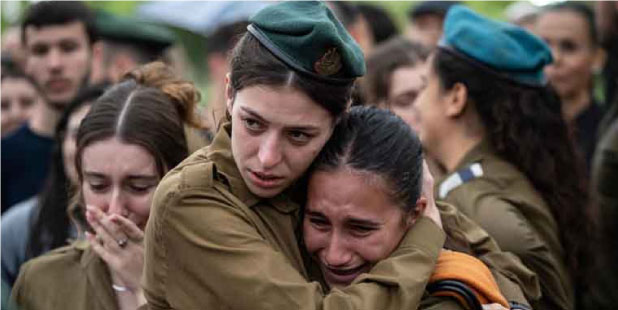
Israel Has The Most Moral Military In The World
April 10, 2024In the heart of a region often riddled with conflict, Israel stands out not only for its technologi...
-

The Resilience of the Israeli People
April 2, 2024Visitors from around the world have seen Hamas's October 7th Massacre's destruction in southern Isr...
-
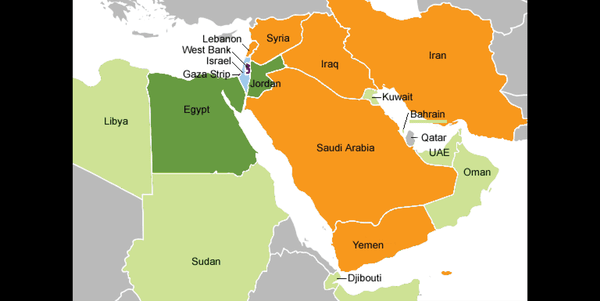
Israel: Small Size, Big Impact
March 21, 2024Nestled along the eastern edge of the Mediterranean Sea, Israel is a land of immense historical sig...
-
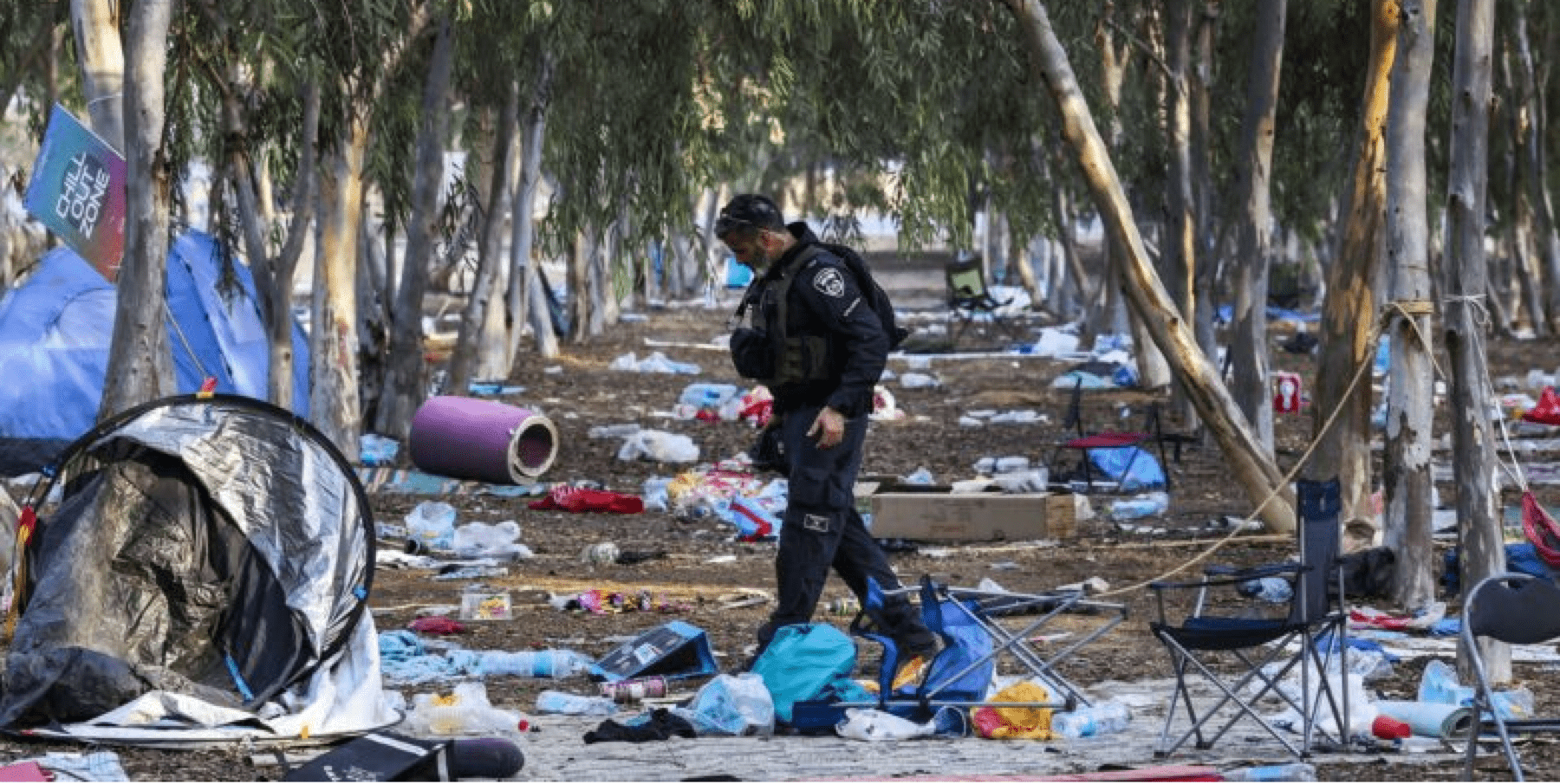
Israelis Are Fighting For Their Lives
February 21, 2024By Jonathan S. Tobin The world looks a lot different from Kibbutz Kfar Aza than it does in the U...
-
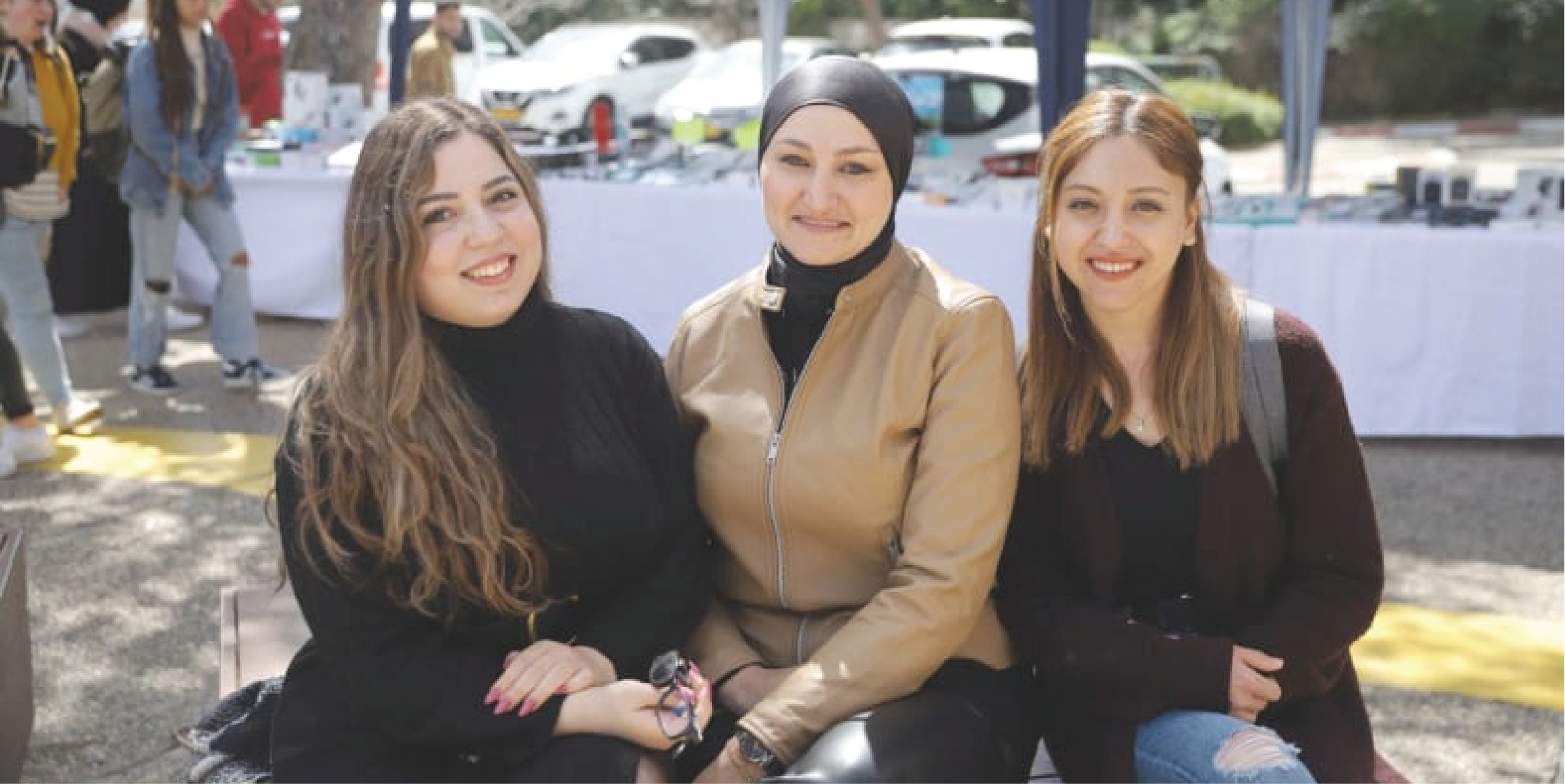
Over 2 Million Arabs Live In Israel
January 23, 2024In the complex landscape of the Middle East, where diverse cultures and identities intersect, Israe...
-
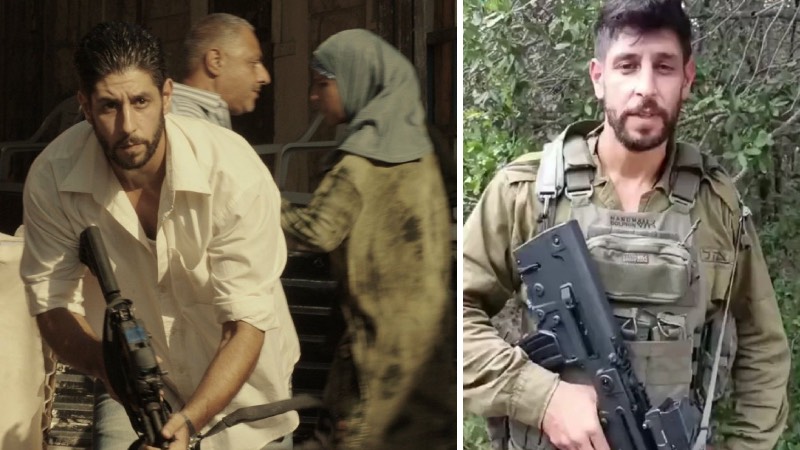
'Fauda' Star Idan Amedi Injured Fighting in Gaza
January 8, 2024Despite the severity of his injuries, Amedi's father assured Israeli news channels that his life is...
-

Israel Is A Great Country To Live In
December 28, 2023Nestled at the crossroads of the Middle East, Israel stands as a vibrant and dynamic nation, offeri...



















